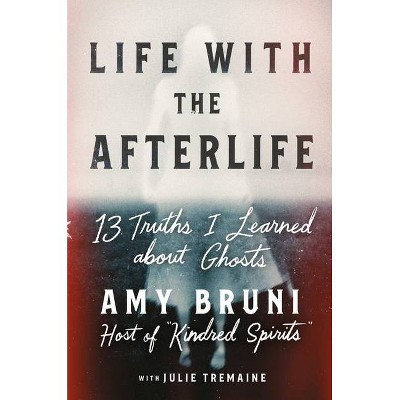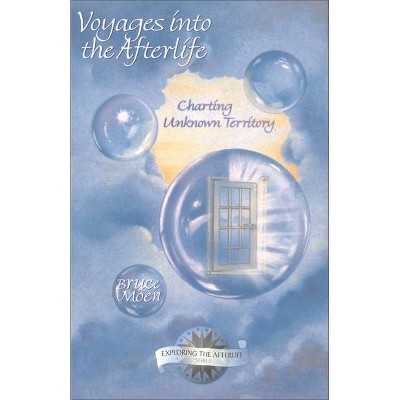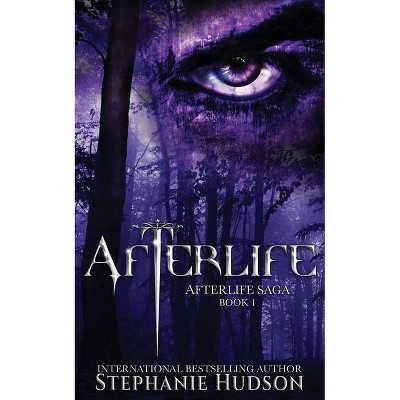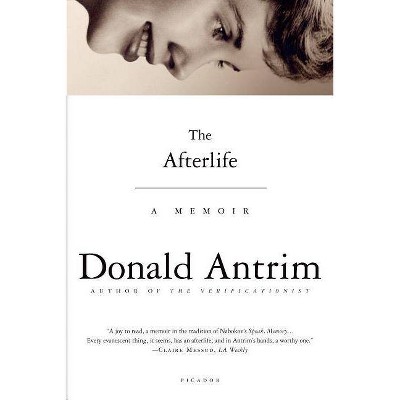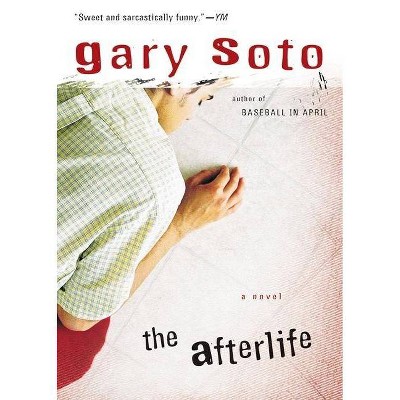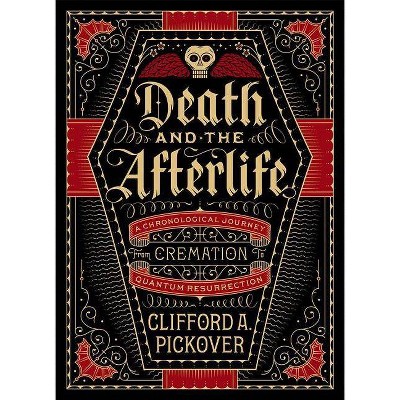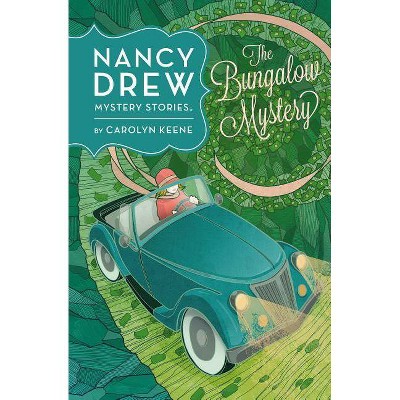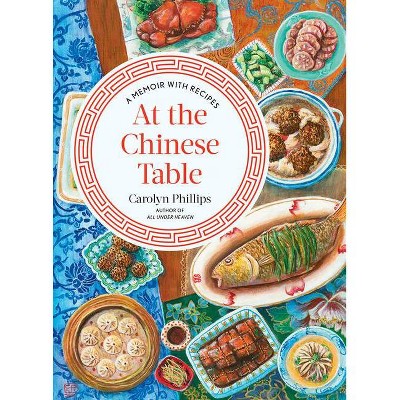The Afterlife of Enclosure - by Carolyn J Lesjak (Hardcover)
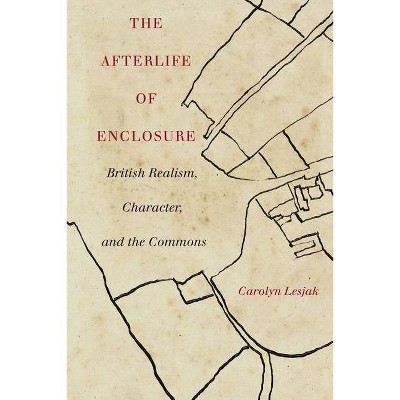
Similar Products
Products of same category from the store
AllProduct info
<p/><br></br><p><b> About the Book </b></p></br></br>"The bold challenge at the heart of this study is to renew our understanding of realist literature, not as stale, outdated, or even dead, but as witness to the "slow violence" of material and environmental dispossession and as bearer of radical, utopian energies. The three realist writers who are the focus of this study-Charles Dickens, George Eliot, and Thomas Hardy-each trace a series of figurations of the common in the wake of the physical or literal commons' destruction, endowing both the historical trauma that was enclosure and the utopian spirit that the commons embodied with an afterlife, one that reveals a radical politics at the heart of these most canonical writers' works"--<p/><br></br><p><b> Book Synopsis </b></p></br></br><p>The enclosure of the commons, space once available for communal use, was not a singular event but an act of slow violence that transformed lands, labor, and basic concepts of public life leading into the nineteenth century. <i>The Afterlife of Enclosure</i> examines three canonical British writers--Charles Dickens, George Eliot, and Thomas Hardy--as narrators of this history, the long duration and diffuse effects of which required new literary forms to capture the lived experience of enclosure and its aftermath. </p> <p>This study boldly reconceives the realist novel, not as an outdated artifact, but as witness to the material and environmental dispossession of enclosure--and bearer of utopian energies. These writers reinvented a commons committed to the collective nature of the social world. Illuminating the common at the heart of the novel--from common characters to commonplace events--Carolyn Lesjak reveals an experimental figuration of the lost commons, once a defining feature of the British landscape and political imaginary. In the face of privatization, climate change, new enclosures, and the other forms of slow violence unfolding globally today, this book looks back to a literature of historical trauma and locates within it a radical path forward.</p><p/><br></br><p><b> Review Quotes </b></p></br></br><br>Complex and subtle in theoretical approach, sensitive to the slow time of historical transformation, and written with great clarity and energy, this is a carefully researched book animated by a powerful and timely argument for the distinctive power of literature to capture experiences of the 'unenclosed' and to convey a sense of futural possibilities.--Amanda Anderson "Brown University"<br><br>Reconceiving enclosure as a form of slow violence akin to other forms of environmental dispossession, Carolyn Lesjak generates deep and entirely new readings of the Victorian realist novel. Her analysis approaches literature as a political resource for the ongoing struggle against neoliberalism's destruction of the commons.--Elizabeth Carolyn Miller "University of California, Davis"<br><p/><br></br><p><b> About the Author </b></p></br></br><b>Carolyn Lesjak</b> is Associate Professor of English at Simon Fraser University. She is the author of <i>Working Fictions: A Genealogy of the Victorian Novel</i> (2006).
Price History
Cheapest price in the interval: 90 on November 8, 2021
Most expensive price in the interval: 90 on December 20, 2021
Price Archive shows prices from various stores, lets you see history and find the cheapest. There is no actual sale on the website. For all support, inquiry and suggestion messages communication@pricearchive.us
